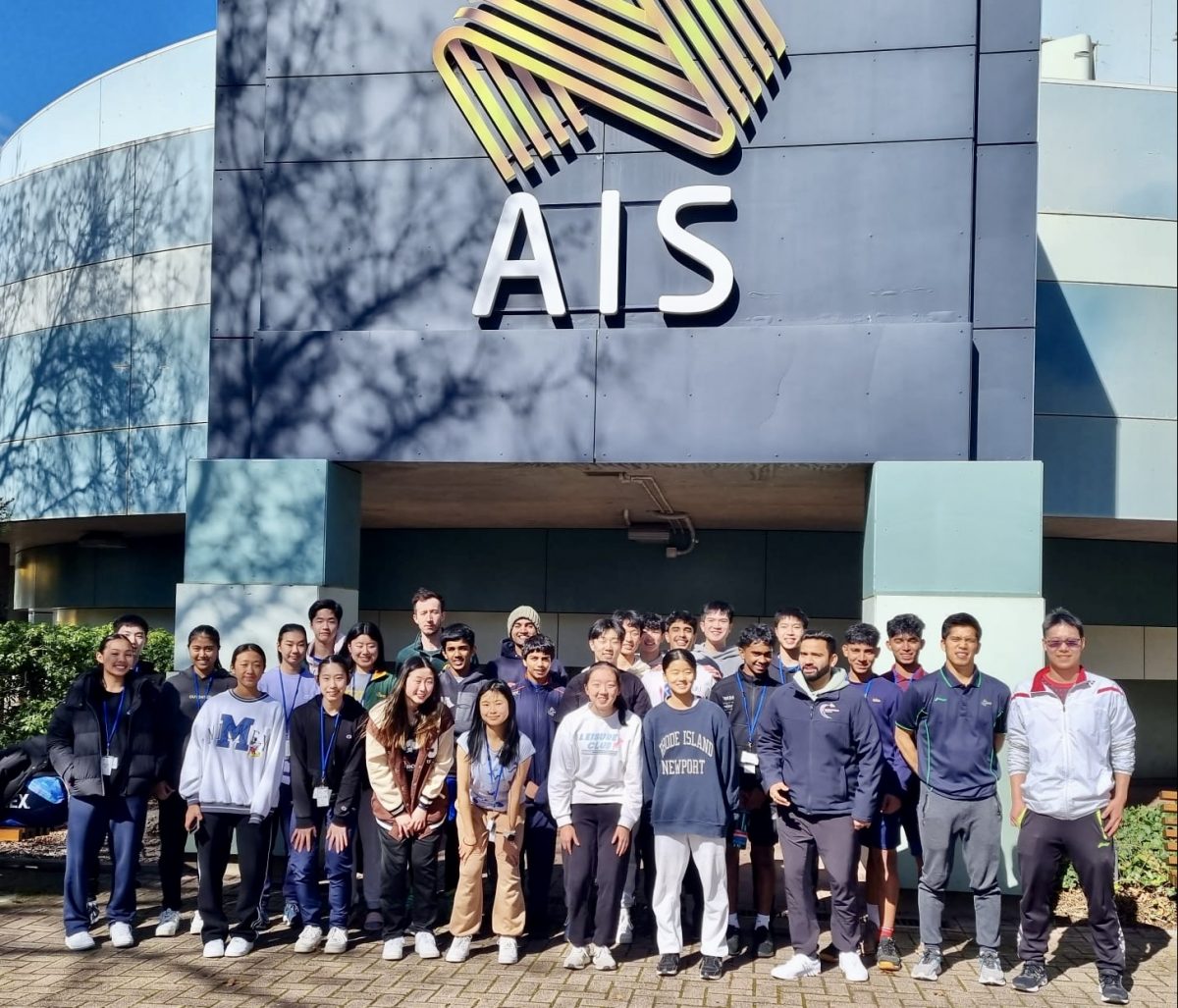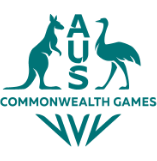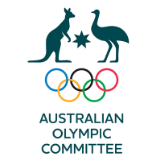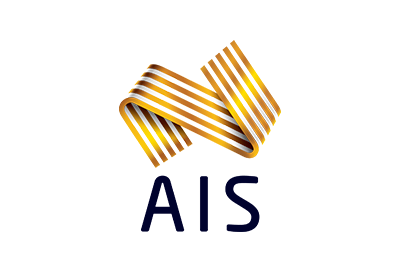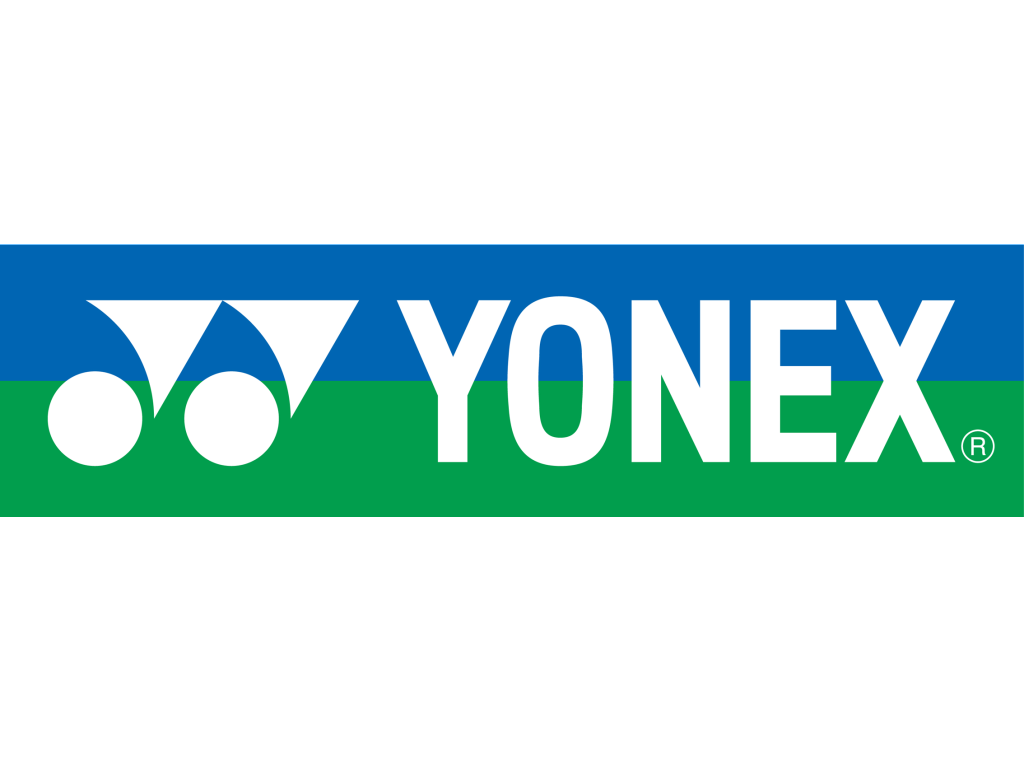Badminton Australia Junior Falcons recently refined their skills at a National Development Camp held at the Australian Institute of Sport in Canberra.
The aim of the four-day program was to develop and improve their skills on the badminton court, while simultaneously providing the athletes with the experience of attending an elite sports facility.
The camp couldn’t have come at a more crucial time as there’s also 10-strong squad of Junior Falcons who are heading to the USA this week to compete at the BWF World Junior Championships.
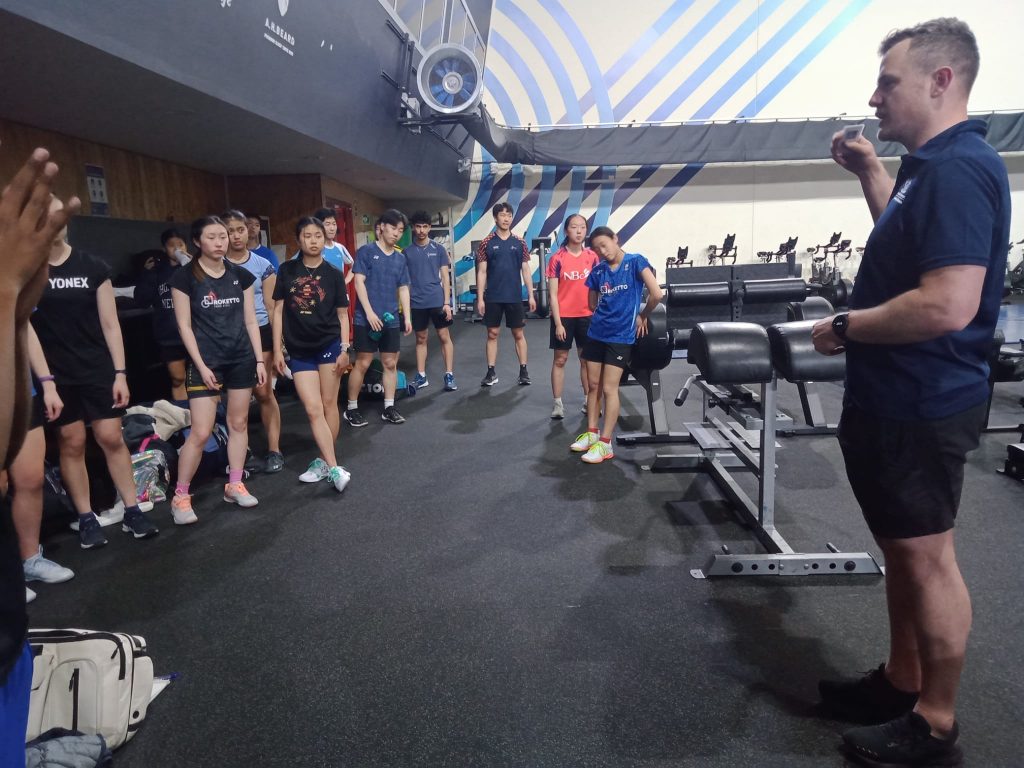 Badminton Australia Junior Coach Tom Champion said National Development Camps provided athletes with the all-round experience of being a professional badminton player.
Badminton Australia Junior Coach Tom Champion said National Development Camps provided athletes with the all-round experience of being a professional badminton player.
“At the Australian Institute of Sport we have access to the leading figures in their respective fields and can absorb information they have to offer,” Champion said.
“Particularly for the World Junior Championships team, it’s a place where they can really make quick strides in all areas of their game, which will make a difference at major tournaments.
“The on-court sessions are intense and sparring against and with the best players can only happen at these camps. Off-court they can make quick adjustments to their routines which can have immediate positive impacts to their performances.”
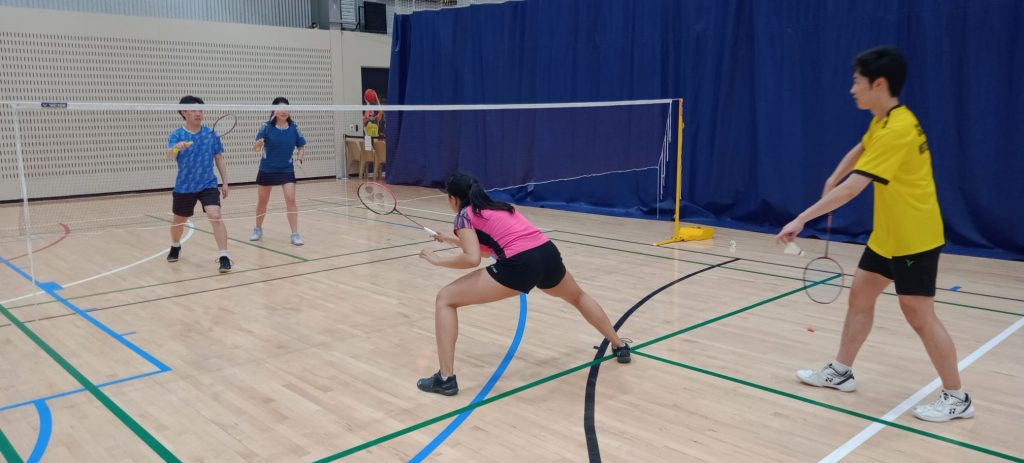
The four-day camp was separated into different areas of focus:
The first day on campus in Canberra began with a formalisation session for the players to get accustomed to the venue by focusing on consistency and quality of each shot without playing under pressure from an opponent or feeder.
Day two started with a similar pace, however, as the on-court drills began to expand the focus shifted to improve player reaction times whilst maintaining the basis of their shot quality and fluid movement.
During the second part of the day players engaged in singles attack drills which allowed them the freedom to be as aggressive as possible to understand their offensive limits. The focus was to have a better understanding of what works and doesn’t work from an attacking shot success point of view. The secondary focus was the feeder, e.g., the defender had to ensure they defended with quality otherwise the worker (attacker) didn’t have a chance to succeed at the primary goal.
On day three the focal point shifted to stability and shot quality while defending in doubles to ensure players understood the best methods of converting defence into offence or at least remain neutral in the rally.
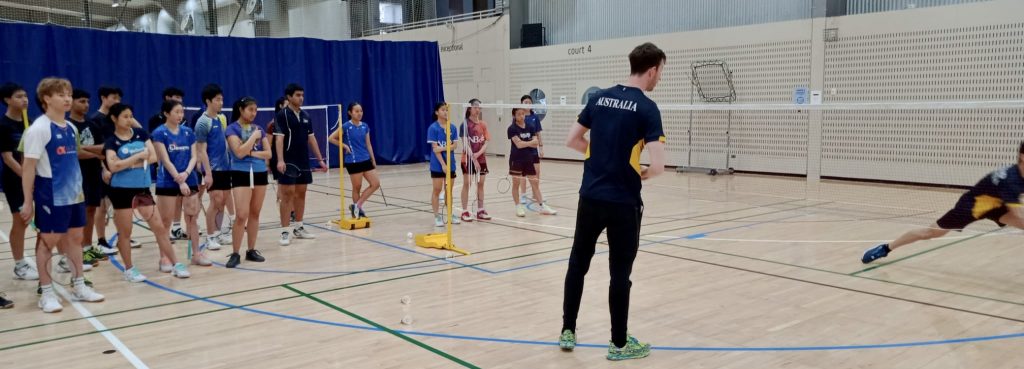
The afternoon session’s focus was purely on serving, return and the third shot in doubles by ensuring every shot was of the highest quality to build confidence from game scenarios.
The final day would see the players convert their newfound knowledge into action with a team tournament to replicate the atmosphere of a competition by splitting equal-ability teams with the focus of applying all of the on-court training learned at the Camp.
Each day the Falcons attended Educational, Strength & Conditioning and Recovery sessions conducted by AIS staff members. The key focus for the players was to take the learnings from each session and understand how they can fit these into their weekly schedule.
Champion said when comparing the players’ knowledge from the start of the week to the last day “the consistency and creation of a positive culture of being a Junior Falcon was an aspect of the Camp they should all be very proud to have achieved together”.
“It’s now about using this energy and spirit back in their States and Clubs. Other players look up to the Falcons – it’s important they lead by example,” he said.
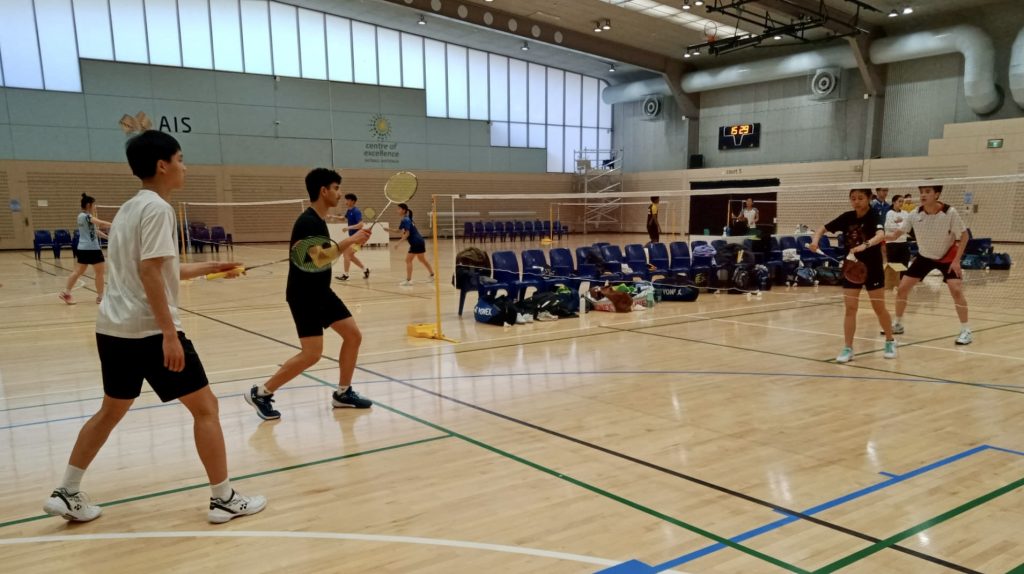
The learning lessons weren’t exclusive to the players, as the dedicated team of coaches also improved their skills.
“These camps are so valuable as I spent time with players that I normally wouldn’t coach on a daily/weekly basis,” Champion said.
“I developed a better understanding of how they best operate, what communication style leads to the best outcome and specifically I spent plenty of time setting goals and discussing areas of focus for when they return to training in their home states.
“Overall, it allowed me to be better educated as a coach of all national junior players.”

